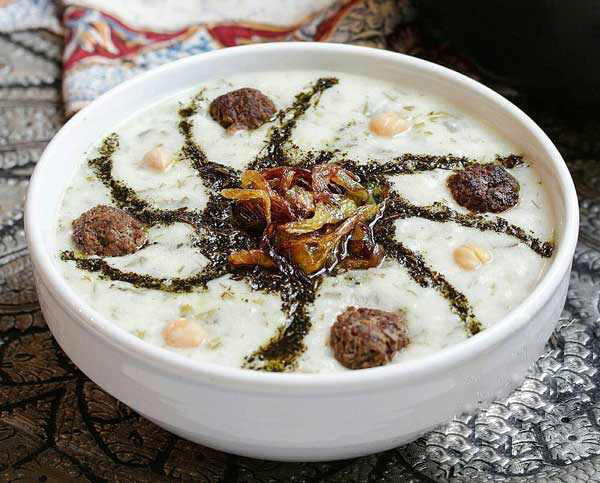West Azarbaijan to boost gastronomy tourism

TEHRAN – Gastronomy tourism is planned to be developed in the northwestern province of West Azarbaijan, the provincial tourism chief has announced.
Due to its ethnic and religious diversity, the province has a high capacity for preparing and cooking a variety of foods, Jalil Jabari said on Sunday.
Since the province shares borders with three foreign countries, it also can attract numerous travelers from all over Iran and neighboring countries each year by developing food tourism, the official added.
Tourists enjoy trying out local foods while traveling, and in this regard, West Azarbaijan has the opportunity to satisfy holidaymakers by investing in this sector, he noted.
“In order to achieve this goal, a variety of food festivals will be held to introduce various types of sweets and traditional foods from the province to the public,” he mentioned.
The skills of making local foods of Iran Ashi, Diushab Halvasi, Yarmashilesi, and Gildik Ashi are among the provincial elements recently added to the National Intangible Cultural Heritage list, he explained.
Last year, Iran joined an online campaign launched by the World Tourism Organization (UNWTO) to promote gastronomy as an essential part of tourism.
Experts say that food is not merely an organic product with biochemical compositions. However, for members of each community, food is defined as a cultural element.
Iranian cuisine, usually dominated by fragrant herbs, varies from region to region. It principally accentuates freshness, deliciousness, and colorfulness.
Iranian cooking can be seen as a metaphor for the country itself: It’s tart, sweet, fragrant, and vastly complex. It's one of the world's oldest, yet largely obscure, culinary landscapes, with roots dating back to the ancient Persian Empire.
West Azarbaijan embraces a variety of lush natural sceneries, cultural heritage sites, and museums including the UNESCO sites of Takht-e Soleyman and Qareh Klise (St. Thaddeus Monastery), Teppe Hasanlu, and the ruined Bastam Citadel.
The region was home to several ancient civilizations. According to Britannica, it was conquered by Alexander the Great in the 4th century BC and was named Atropatene after one of Alexander’s generals, Atropates, who established a small kingdom there. Ultimately, the area returned to the Persian (Iranian) rule under the Sasanians in the 3rd century CE.
ABU/AFM
